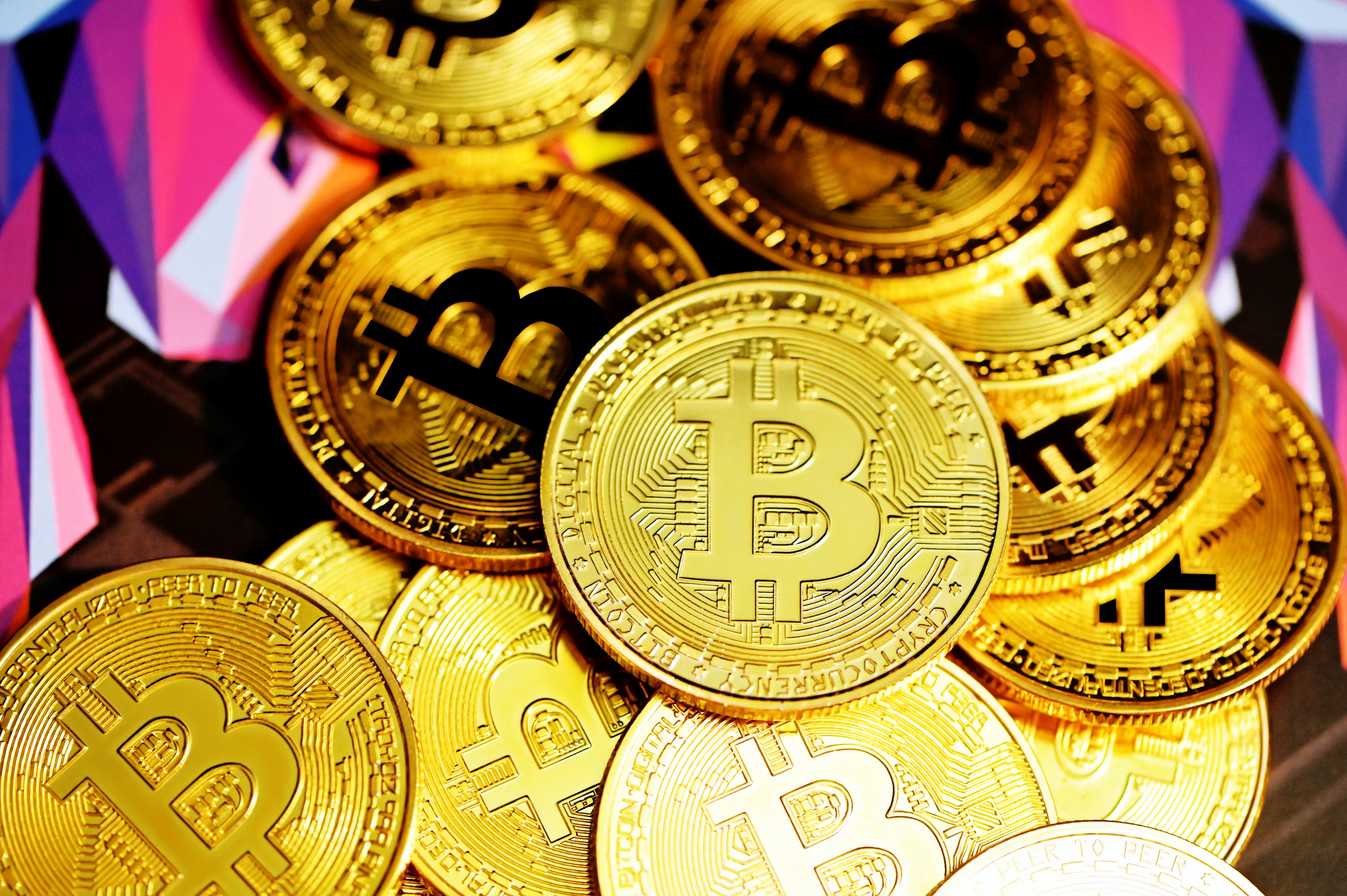European Central Financial institution (ECB) policymaker Robert Holzmann stated on Friday that “subsequent coverage steps are utterly open.”
Further quotes
- Tariff internet impression to this point somewhat disinflationary.
- I see financial scars even when tariffs are lowered.
Market response
On the press time, EUR/USD is shedding 0.28% on the day, buying and selling close to 1.1360.
ECB FAQs
The European Central Financial institution (ECB) in Frankfurt, Germany, is the reserve financial institution for the Eurozone. The ECB units rates of interest and manages financial coverage for the area.
The ECB main mandate is to keep up value stability, which suggests protecting inflation at round 2%. Its main software for reaching that is by elevating or reducing rates of interest. Comparatively excessive rates of interest will normally lead to a stronger Euro and vice versa.
The ECB Governing Council makes financial coverage selections at conferences held eight instances a 12 months. Selections are made by heads of the Eurozone nationwide banks and 6 everlasting members, together with the President of the ECB, Christine Lagarde.
In excessive conditions, the European Central Financial institution can enact a coverage software known as Quantitative Easing. QE is the method by which the ECB prints Euros and makes use of them to purchase property – normally authorities or company bonds – from banks and different monetary establishments. QE normally ends in a weaker Euro.
QE is a final resort when merely reducing rates of interest is unlikely to attain the target of value stability. The ECB used it throughout the Nice Monetary Disaster in 2009-11, in 2015 when inflation remained stubbornly low, in addition to throughout the covid pandemic.
Quantitative tightening (QT) is the reverse of QE. It’s undertaken after QE when an financial restoration is underway and inflation begins rising. While in QE the European Central Financial institution (ECB) purchases authorities and company bonds from monetary establishments to supply them with liquidity, in QT the ECB stops shopping for extra bonds, and stops reinvesting the principal maturing on the bonds it already holds. It’s normally optimistic (or bullish) for the Euro.



























